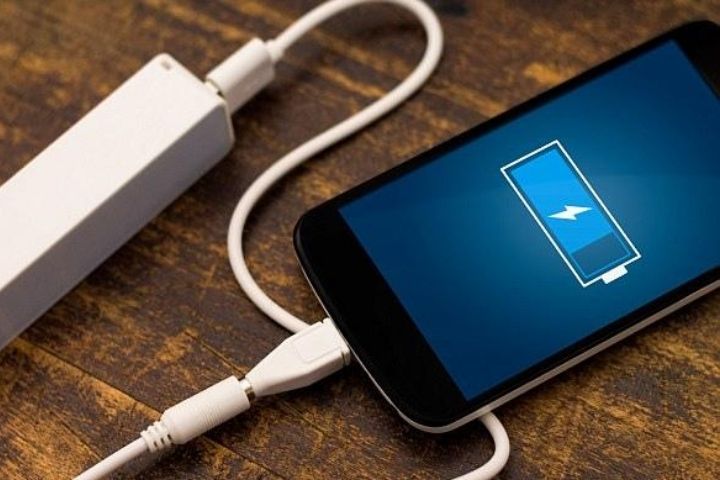Made from a new material with extremely high electrical conductivity, it could revolutionize the consumer electronics industry.
What is the Achilles heel of mobiles? If you ask users, surely an answer is repeated: the battery. In other words, the need to load them constantly, and the slowness with which they do it. Engineers are racking their brains to solve this problem, and a new advance made at Drexel University, in Philadelphia (USA), brings the possibility that our smartphones will finally work with ultra-fast recharge batteries.
Led by Yuri Gogotsi, American experts have created a highly conductive electrode with a two-dimensional material called MXene to emulate the ability of supercapacitors. These devices, which charge and discharge in a matter of up to milliseconds, work through physical processes, compared to the chemicals in conventional batteries. Used, for example, in-camera flashes, hybrid vehicles or the engines of tanks and submarines, the downside is that they are expensive and store little energy.
The MXene electrode has a microporous structure that allows ions (electrically charged particles) to take multiple paths “on high-speed highways, rather than one-way roads, as in normal batteries,” explains Maria Lukatsakaya graphically, a researcher who has participated in the development of the device.
Thus, the batteries incorporating the new electrodes would achieve the high electrical density of supercapacitors and their performance. And at a much lower cost.
Discovered in 2011, MXene’s potential is being put to the test not only as a battery-making material but also in other applications, such as water purifying filters.












Leave a Reply